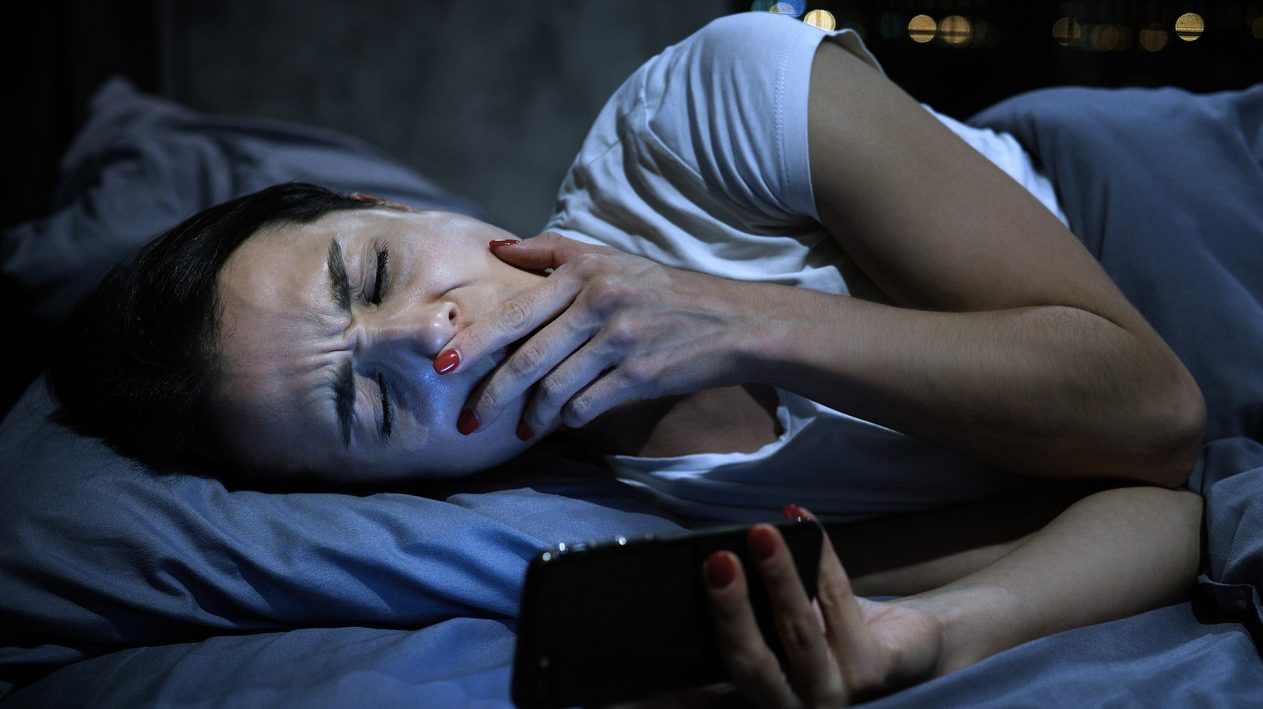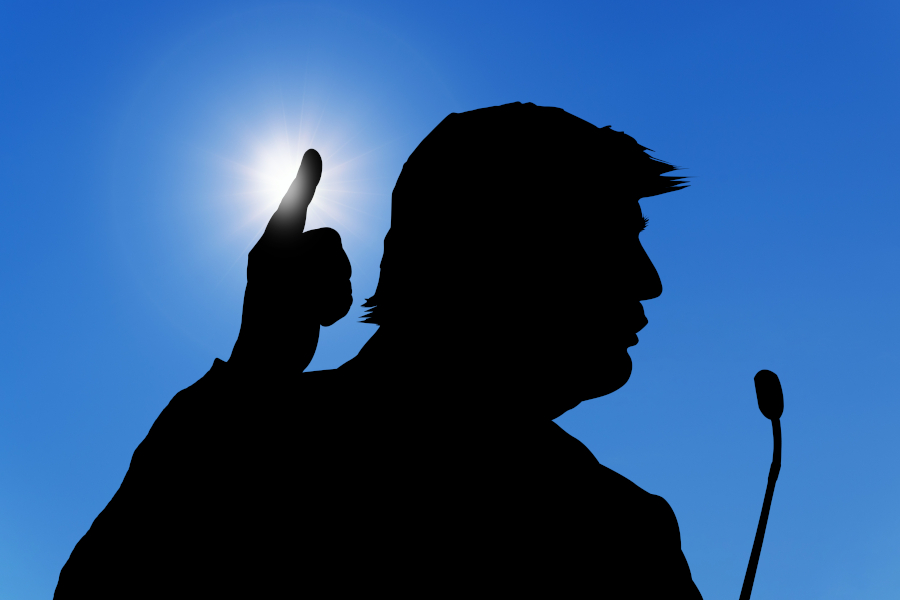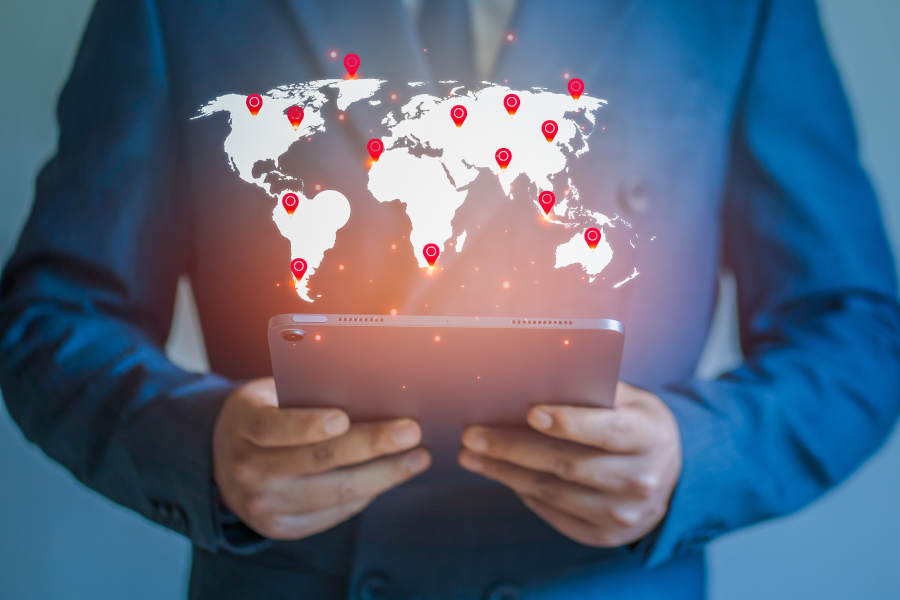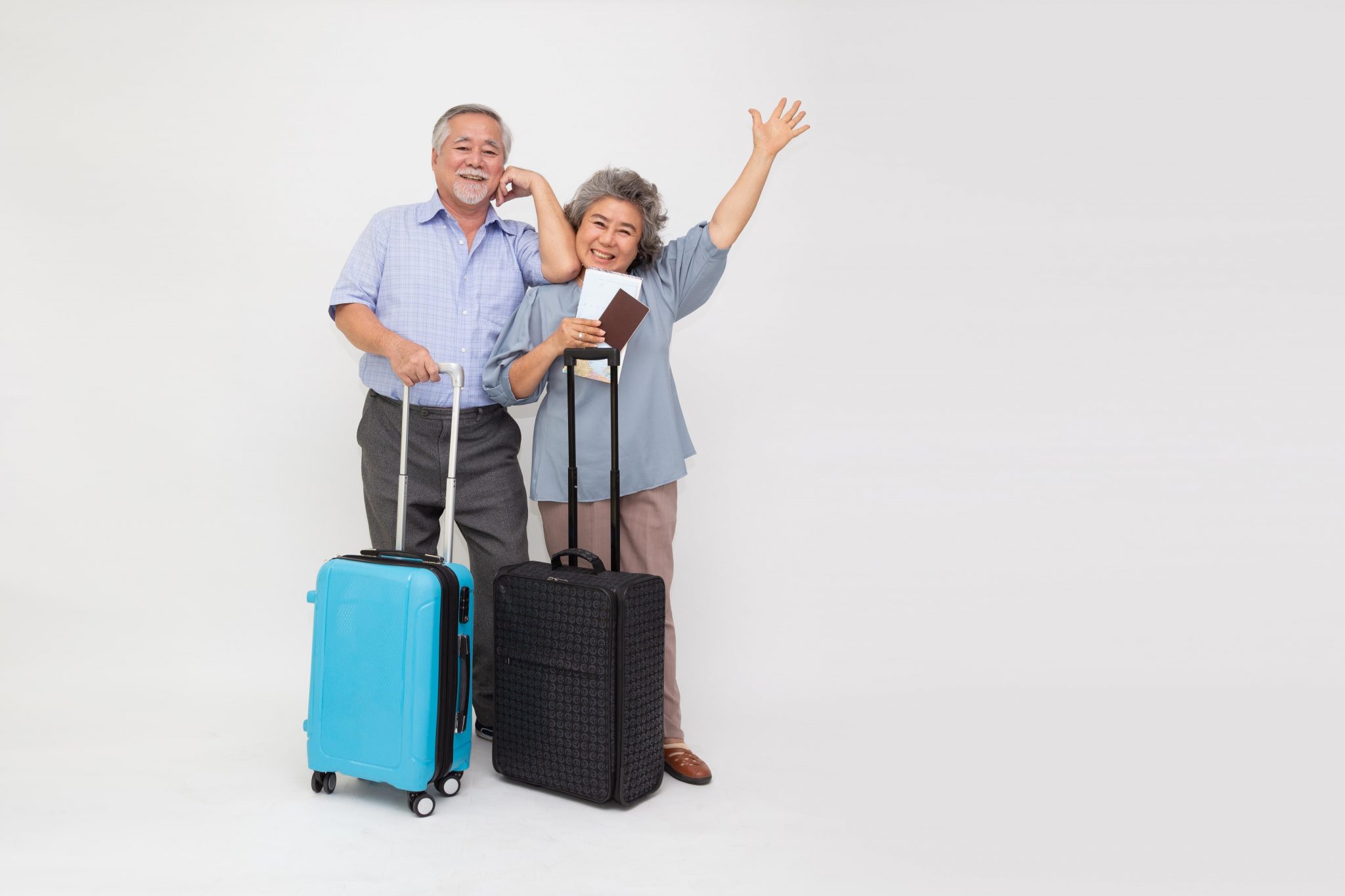Featured Faculty

Hong, Ying-yi
Choh-Ming Li Professor of Management
Principal Investigator of Culture Lab
More in Globalisation ...
Will Lack of Sleep Undermine Social Harmony?
• 5 mins read
Research shows sleep deprivation could influence intergroup conflicts between Hongkongers and mainlanders
Many of us have experienced sleepless nights. A survey on theSleep Quality and Quantity of Hong Kong’s Working Population shows that 92% of the city’s working population had one or more signs of insufficient sleep; 60% could not enjoy uninterrupted sleep and half of them had experienced bad quality sleep for three or more consecutive days. After a sleepless night, we often wake up feeling irritable and highly stressed, and perhaps more. A recent research by The Chinese University of Hong Kong (CUHK) Business School reveals that a lack of sleep can influence Hong Kong people’s views about Chinese mainlanders.
Entitled “Sleep Deprivation Undermines the Link Between Identity and Intergroup Bias”, Prof. Hong Ying-yi, Choh-Ming Li Professor of Marketing at CUHK Business School and her collaborators explored how sleep deprivation affects intergroup relations in the setting of Hong Kong.
“Conflicts between Hong Kong locals and mainland Chinese have arisen in recent decades,” says Prof. Hong. “But, our previous research studies show that Hong Kong locals who endorse a stronger Chinese identity displayed less negative bias against mainlanders than did those who endorse less of such identity.”
Extending beyond these findings, Prof. Hong and her collaborators examined whether the negative bias towards mainlanders will also be affected by sleep deprivation in both groups.
“With insufficient sleep, will individuals with a higher Chinese identity still display lower bias than do those with a lower Chinese identity? We predicted not, because sleep deprivation has been shown to impair the functioning of prefrontal cortex, a brain area that regulates emotional reactivity,” Prof. Hong says.
“Our findings suggest that how much one sleeps could shape the nature of intergroup bias, and it takes only one night of sleep deprivation to unleash intergroup bias for some people.”
Prof. Hong Ying-yi
The Study
In the first study, the tests were conducted on 171 young adults who were born in Hong Kong. The participants were asked to indicate their social identity to see how much they endorse the Chinese identity by a 7-item questionnaire. Then, they were asked to report the number of hours of actual sleep that they had on average during the past month. After that, they were presented with a list of daily behaviours, some were positive behaviours (e.g., “defended a friend who had been insulted“), some negative (e.g., “acted out of malice toward a colleague”) and some neutral (e.g., “watched TV at home after dinner”). The participants were invited to guess if each of the behaviours was committed by a Hong Kong person or a Chinese mainlander. We assume that participants who assigned a larger ratio of negative behaviours relative to positive behaviours to mainlanders showed greater intergroup bias.
The results of this study indicate that the participants on average assigned 1.8 out of 7 positive behaviours and 3.9 out of 7 negative behaviours to the mainlanders, suggesting a general tendency of intergroup bias against them. In addition, participants who endorse a stronger Chinese identity and sleep longer (around 8 hours or more) show a significantly lower intergroup bias than do participants with a lower Chinese identity endorsement. However, with shorter sleep duration (less than 6 hours), participants with high and low Chinese identity endorsement has a similarly high level of intergroup bias.
“Study 1 provided correlational evidence in support of our hypothesis. However, we do not know if participants who sleep longer or shorter have other differences as well. Therefore, we need to conduct an experiment to figure out if it is really due to sleep deprivation,” she explains.
In Study 2, the team tested their hypothesis by manipulating night-time sleep and then observing the effect of sleep deprivation on the same tasks.
Similar to the first study, all participants in Study 2 were Hong Kong locals who have spent most of their lifetime in Hong Kong. They were required to have normal or corrected to normal vision and had no current or history of sleep disorder. In other words, only good sleepers were recruited for this study.
The final sample consisted of 67 participants who joined a 3-day experimental session. On Day 1, all participants had at least 7-hour sleep. On Day 2, the participants were divided into two groups in which one group continued to have normal sleep and the other underwent sleep deprivation. The participants in the deprived group stayed awake and were monitored by research staff in person throughout the night. On Day 3, all participants were asked to report their state of sleepiness and completed the same behavioural attribution task.
According to the results, the participants on average assigned 2.4 out of 7 positive behaviours and 3.9 out of 7 negative behaviours to mainland Chinese, suggesting a general tendency of intergroup bias against mainlanders. However, only participants who endorsed a stronger Chinese identity and have normal sleep assigned a similar number (around 3 out of 7) of positive and negative behaviours to mainlanders, suggesting that they did not display intergroup bias. Yet, this effect disappeared for participants with a higher Chinese identity endorsement in the sleep deprived group, where they displayed similar bias in assigning fewer positive than negative behaviours to the mainlanders.
“Our findings suggest that how much one sleeps could shape the nature of intergroup bias, and it takes only one night of sleep deprivation to unleash intergroup bias for some people,” Prof. Hong comments.
Implications
The unique Hong Kong-China relation allows Prof. Hong and her collaborators to take advantage of a naturally occurring context whereby the intergroup conflict is long-standing and entrenched. However, a similar process may apply to biases against maligned groups in other societies.
Sleep deprivation is not just a problem faced by those who live in Hong Kong, but also a global issue. By examining the link between sleep deprivation and intergroup biases, their study has important implications globally.
“In areas with military conflicts, for example, disrupted sleep is common among military personnel as well as civilians. Our research suggests that this may contribute to intensified intergroup bias for those who would otherwise be able to inhibit intergroup bias with intact sleep,” says Prof. Hong.
“In a broader context, our research links together sleep, a biological behaviour, and dynamic group processes between identity and intergroup relations. It opens a new research area by bridging literature on sleep and intergroup relations, and provides insights into feasible interventions for intergroup bias,” she concludes.







